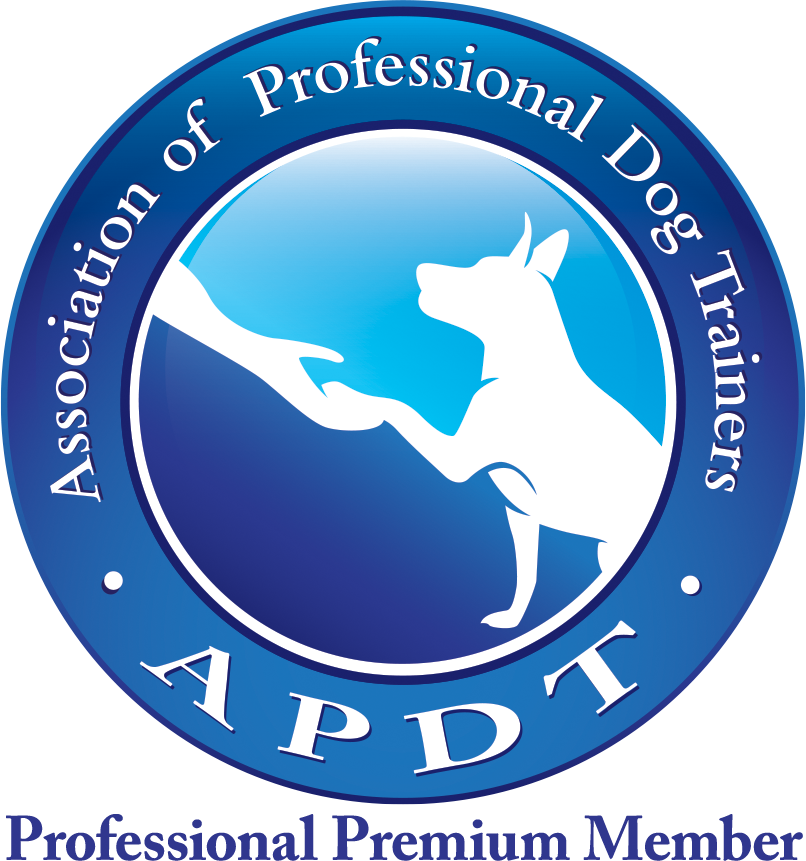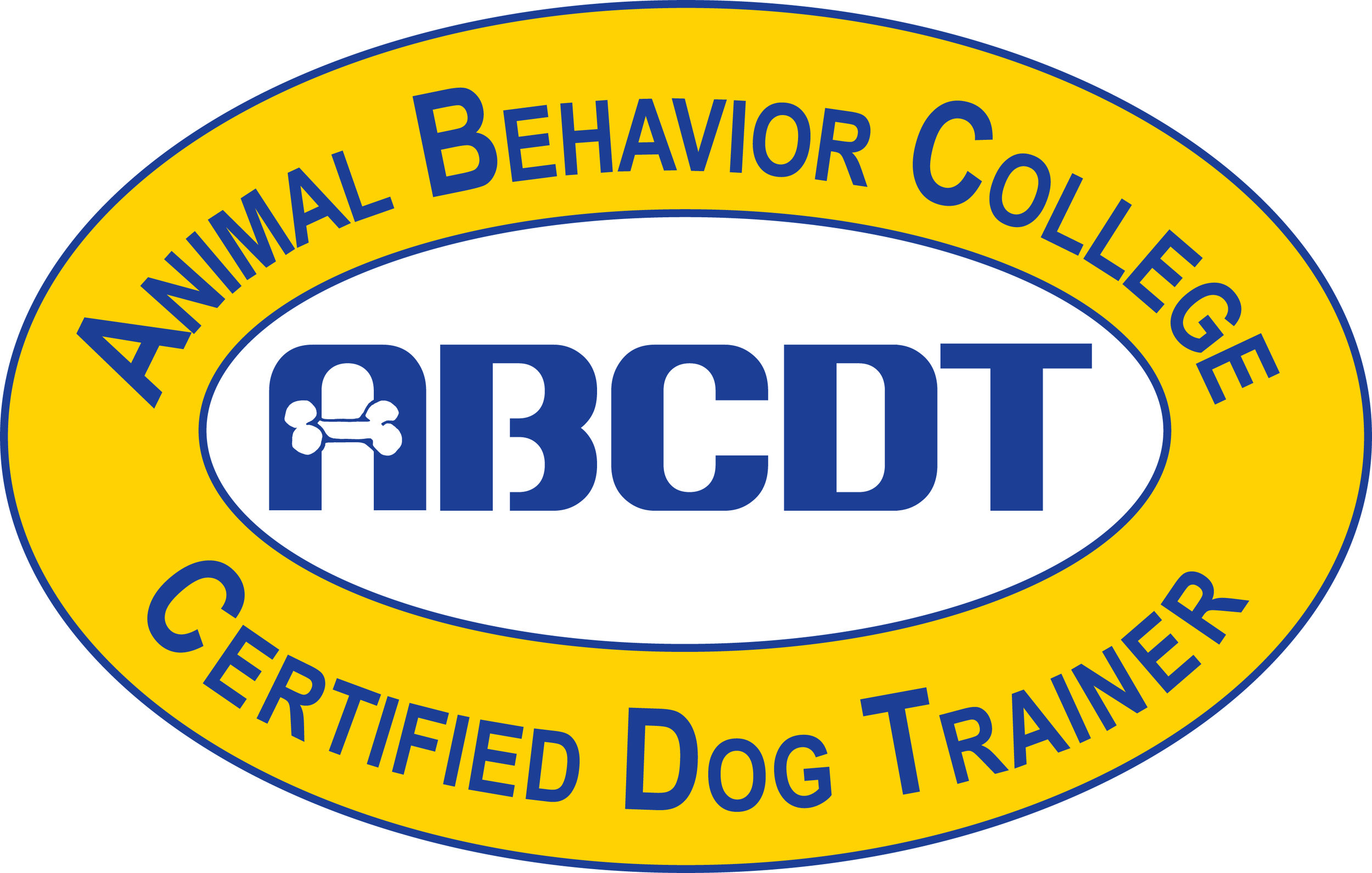What!! Dogs have different blood types too!! How Dog Blood Groups Work?
/Did You Know?
Dogs have different blood types too!! What!!
When it comes to blood types, dogs are not all the same! Just like humans, dogs have different blood types that can impact their health and well-being.
Unlike humans, who have four major blood types (A, B, AB, and O), dogs have more than a dozen different blood types. The most common system for categorizing these blood types in dogs is the Dog Erythrocyte Antigen (DEA) system. Within this system, there are eight known DEA types: DEA 1.1, DEA 1.2, DEA 3, DEA 4, DEA 5, DEA 6, DEA 7, and DEA 8.
Among these blood types, DEA 1.1 is the most important one to know. It is considered the "universal donor" blood type for dogs, similar to O- in humans. Dogs with DEA 1.1 negative blood can donate to any dog in need, regardless of their own blood type. On the other hand, dogs with DEA 1.1 positive blood can only receive blood from other dogs with the same blood type.
While blood typing is not a routine practice for all dogs, it becomes essential in certain situations. Service dogs, police dogs, and other working dogs, for example, often have their blood typed in case of emergencies. Additionally, breeding programs also consider blood types to avoid complications during pregnancy and ensure the health of both the mother and the puppies.
If you've ever wondered how veterinarians determine a dog's blood type, the process is quite similar to that for humans. A small blood sample is collected and then tested in the laboratory to determine the dog's blood type. With advancements in technology, blood typing has become faster and more accurate, ensuring the well-being of our canine companions.
Just to be safe, it’s best to have your dog blood typed—that way, you know what to tell the vet in an emergency.
Bringing you the latest information and insights about your canine companions!









